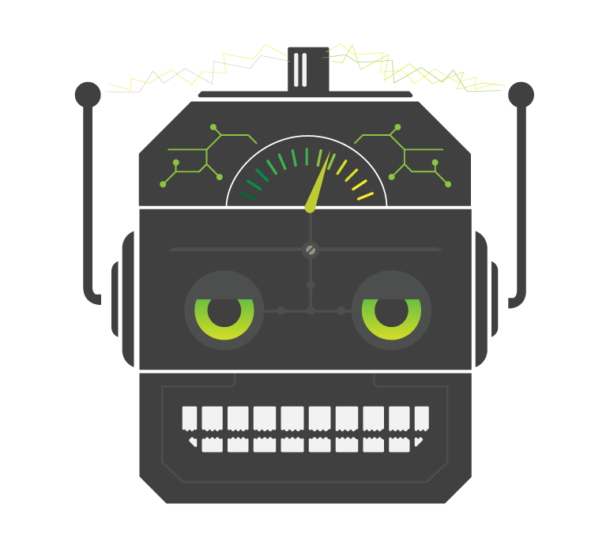
DPL Reading List – July 13, 2018
Here are some of the articles we found this week.
New Spectre-like attack uses speculative execution to overflow buffers – “The researchers also propose a family of hardware changes that should offer broader protection against this kind of attack. These protections may be possible to implement in a microcode update, offering a way to protect software running on existing processors. Broadly speaking, the changes would prevent the processor from using the speculatively written values in other contexts.”
Let’s innovate by being users – “Attempting to be innovative without understanding how a product is used leads to meaningless design that is flashy but shallow. Being the user helps you avoid that. You can create something new not for the sake of being unique, but to create a solution that is grounded in the user’s overall experience and change it for the better.”
5 Reasons AI Won’t Replace Humans… It Will Make Us Superhuman – “Technology and innovation makes our lives easier and helps us do our jobs better. That’s what AI has in store for us. It makes us more efficient — in effect, superhuman.”
Bing Now Provides Exact Snippets of Code for Developers’ Queries – “Bing has launched a new intelligent search feature which provides the exact piece of code a developer is looking for. The code snippet will appear right on the search results page itself, which means users will not have to skim through long threads and articles to find the one thing they’re looking for.”
The Worst Cybersecurity Breaches of 2018 So Far – “LOOKING BACK AT the first six months of 2018, there haven’t been as many government leaks and global ransomware attacks as there were by this time last year, but that’s pretty much where the good news ends. Corporate security isn’t getting better fast enough, critical infrastructure security hangs in the balance, and state-backed hackers from around the world are getting bolder and more sophisticated.”
The AI revolution has spawned a new chips arms race – “Why the sudden explosion in hardware after years of chip maker stasis? After all, there is general consensus that Nvidia’s GPUs are excellent for AI and are widely used already. Why do we need more chips now, and so many different ones at that? The answer is a bit complex, just like AI itself.”
Testing for UX writers: know when your words are working – “Evaluate users’ comprehension with a cloze test, sometimes called a cloze deletion test. Based on Gestalt theory of mental self-organization (“cloze” is related to “closure,” or the mechanism by which individuals understand an incomplete object as complete), this method was first proposed by W. L. Taylor in 1974. Cloze tests are great for figuring out if your intended audience actually understands what you’ve written.”



